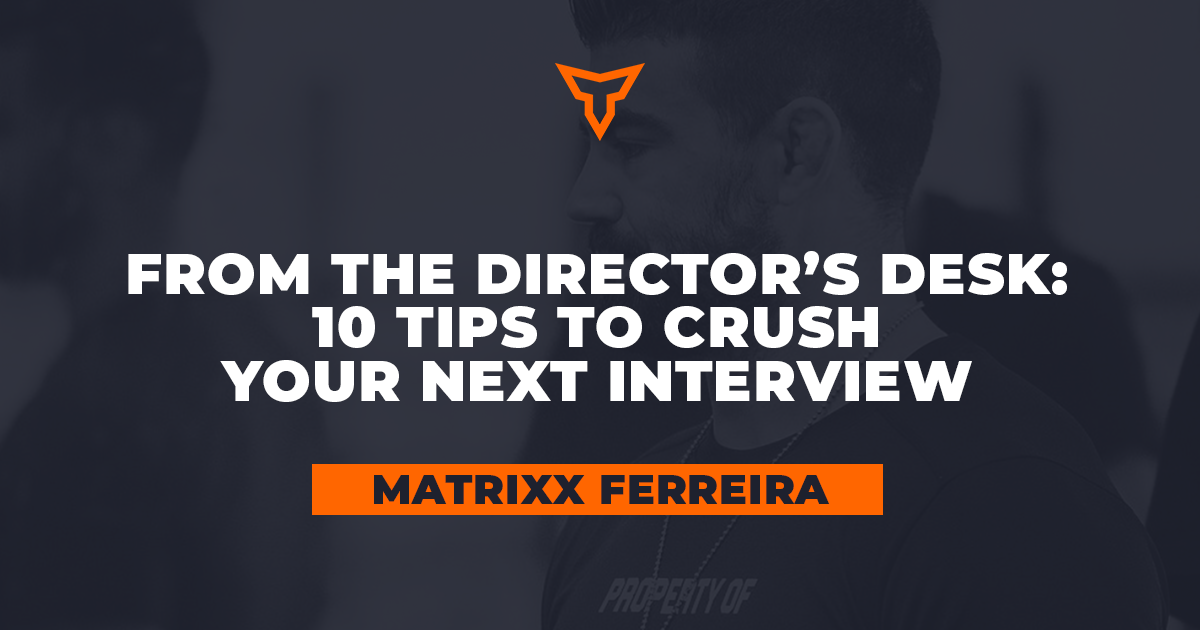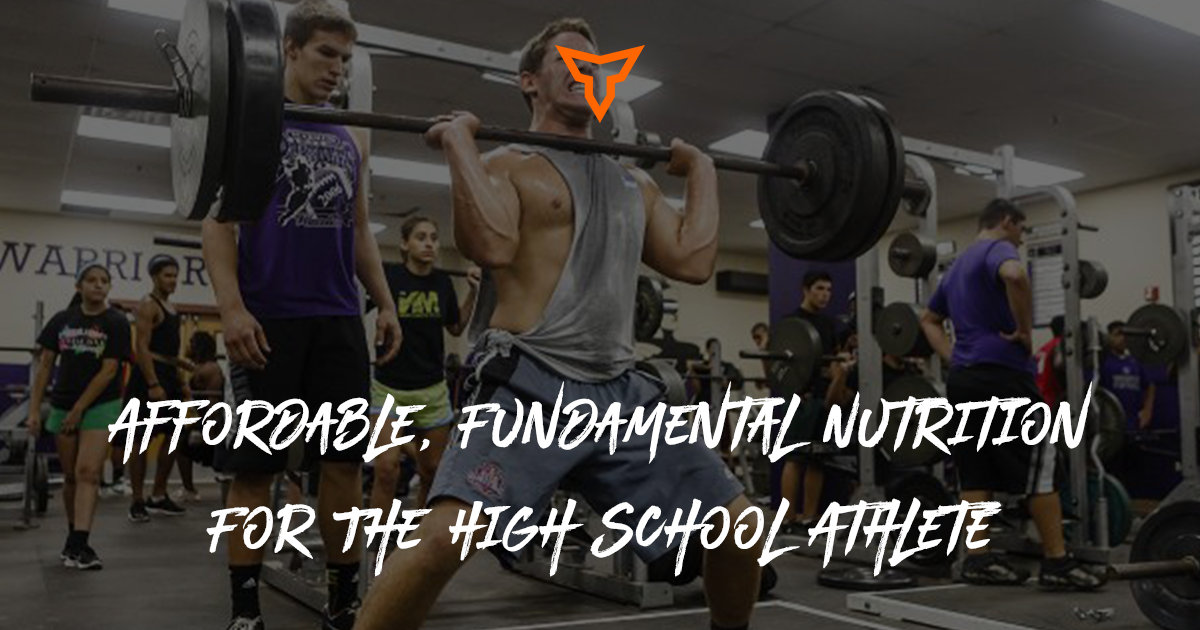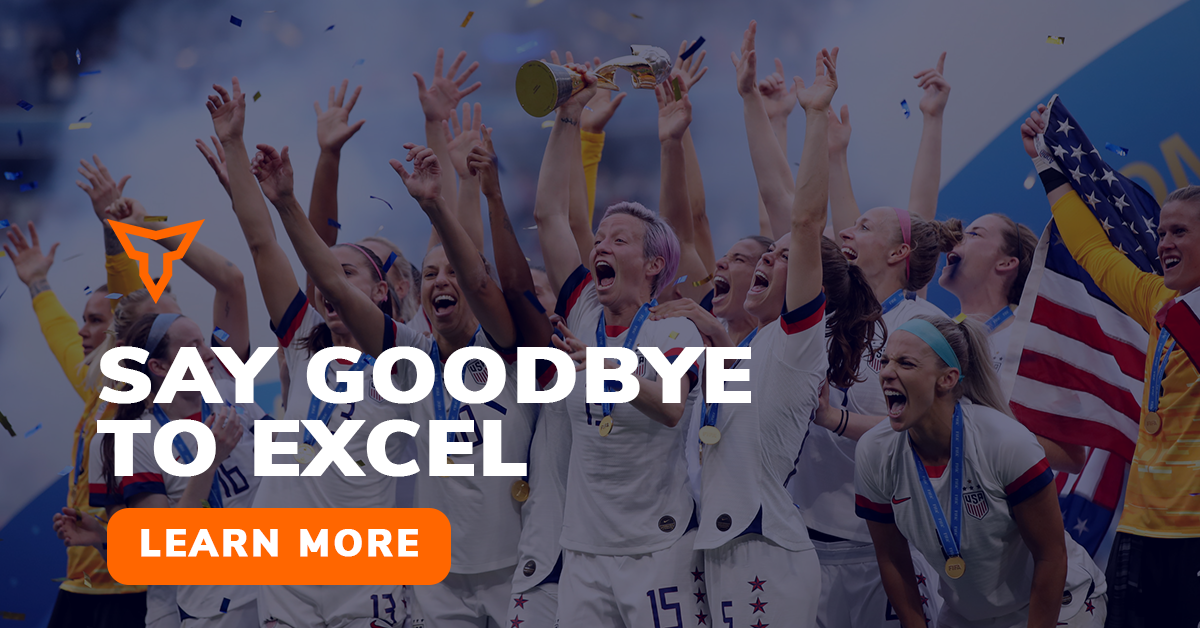Navigating Nutrition As A Strength Coach
While sports nutrition and supplementation have always gone hand in hand with a balanced strength and conditioning program, the idea of performance nutrition beyond protein drinks and bars has become a huge topic of consideration lately. Regardless of your nutrition or coaching credentials, because of your position as a strength and conditioning coach, athletes, clients, family, friends, and even strangers will actively seek out your advice or opinion on any and all topics related to food and nutrition. Aside from common food facts and general recommendations, it can be tricky and even risky to provide specific nutritional advice to anyone, especially your athletes and clients.
Whether you desire to provide nutritional counseling as part of your program or just want to be more confident in the answers you provide those who happen to seek your advice, here are some things to consider when it comes to navigating nutrition as a strength coach or conditioning coach.
Understand Your Scope
Every strength coaching and personal training certification is different and each offers varying degrees of nutrition knowledge as part of their certification process ranging from very little to quite in-depth. However, outside of the protected titles of registered dietician, dietician, nutritionist, and several others depending on the state, you can only legally provide nutritional recommendations to a certain extent. Drug and supplement suggestions, advising specific diet protocols, or the diagnosis of a particular condition or deficiency in your role as a strength coach might not just be risky, but also illegal.
Understanding your scope means you understand and operate within the guidelines of your certification and the laws of your state. Offering general and widely supported recommendations is fine, but misusing any of the above or other protected titles without proper credentials, giving specific diets to individuals with certain metabolic disorders, or diagnosing a condition and suggesting a supplement or diet as treatment are some of the ways you could be breaking a law or operating outside of your scope of practice.
Identify Your Intent
If you know you want to or need to address nutrition topics with your athletes, identify the top concerns or problem areas for your team and then figure out what information you want to share with them. If questions surrounding things like pre and post workout meals or game day fueling are reoccurring topics for your athletes you can use research from reputable sources, the national governing body for the team you work with, or a sports nutritionist to create handouts, quick tips, or even a presentation on those topics for your team.
This is a great option for a coach who wants to generally have the right answers, but is not looking to be all things for all people, or stray too far away from topics beyond those of the general team needs.
Assess and Build Your Network of Resources
Perhaps your teams and clients have a wide range of nutritional questions but you don’t have the time, desire, or comfort level to be the one to address their needs beyond general information. You may want to consider building a network of “go to” resources for nutritional information. There are a number of ways to do this. You could join a nutrition group through your strength coach certifying body or a similar type of group on Facebook or other social media platforms that are made up of credentialed individuals. You could subscribe to a specific sports nutritionist’s webpage or mailing list or make a connection with a local dietician, ideally one who specializes in performance nutrition.
Try to establish a relationship where they can be a direct resource for you, your team, or both either by creating content, delivering a one time or periodic presentations, or by being someone you can refer your athletes and clients to. An app like Eat to Win not only provides basic meal tracking and nutrition information, but you can also take courses, participate in webinars, and hire sports dietitians to help your team with navigating nutrition.
As a side note, having a network that includes a dietitian, chiropractor, pharmacist, masseuse, functional medicine specialist, orthopedic surgeon etc. is a great way to build up your own knowledge base and coaching expertise while also giving you a readily available network of professionals to send your athletes to if a problem in those areas arise.
Get Certified
After understanding your scope, deciding on your intent, and assessing your resources, you may come to the decision that furthering your education makes the most sense for you. Dietetic programs are quite involved and depending on your educational background could take a number of years to complete, but if diagnosing certain conditions and prescribing dietary treatment protocols is your desire then this might be the path for you. If you simply want to legally add nutritional coaching to your strength coaching role then there are some certification options out there that will allow you to provide a quality level of nutrition and dietary education without crossing legal lines.
Whichever route you choose it is highly important to research the laws for your state and understand your scope of practice for nutrition as a strength coach. With most of these options, under certain conditions, you will still need to refer to an RD before advising individuals especially if, for example, your athlete is diabetic or has a condition in which they have dietary restrictions related to a condition. However, these certifications in most conditions, give you the option to legally provide nutritional coaching to your clients.
Here are a list of nutrition certifications geared towards those looking to add some nutrition coaching or expertise to their strength coaching resume. Be sure to take the time and explore which option suits your budget, needs, schedule, and clientele.
- NASM-CNC (National Academy of Sports Medicine) Certified Nutrition Coach
- ISSA (International Sports Sciences Association) Nutritionist Certification
- ACE (American Council on Exercise) Fitness Nutrition Specialist
- Precision Nutrition Certification Level 1
- NESTA (National Exercise and Sports Trainers Association) Fitness/Sports Nutrition Coach
- AFPA (American Fitness Professionals & Associates) Nutrition and Wellness Certification
- AASDN (American Academy of Sports Dietitians and Nutritionists) Nutrition Specialist
As a strength and conditioning coach you are the logical person for your athletes to approach for advice on navigating nutrition to improve their performance, their overall health, or both. Being well versed in good nutrition fundamentals as well as strategies for optimizing performance through sound dietary habits is a great way to help athletes make the connection between their diet and their workout performance.
Subscribe to our blog
Subscribe to receive the latest blog posts to your inbox every week.
Related posts

From the Director's Desk: 10 Tips to Crush Your Next Interview

Maximize Your CSCCA Conference Experience: A Guide


